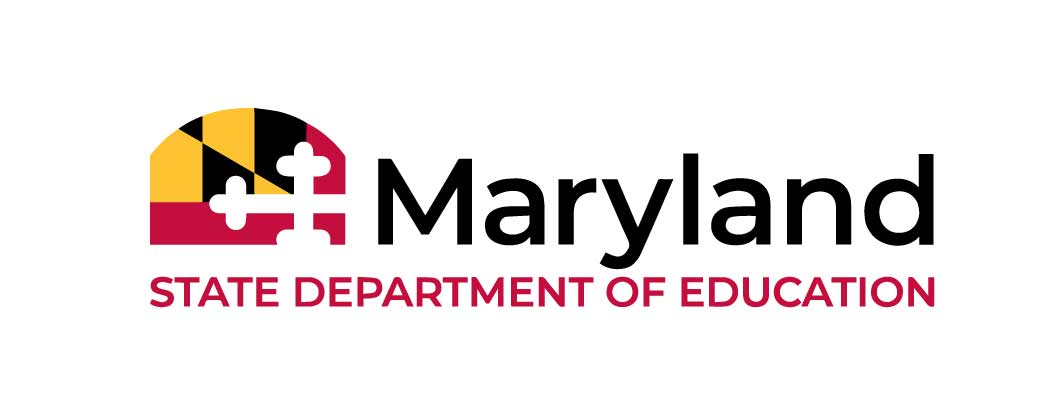University of Maryland Announces ‘Center for Transition and Career Innovation for Youth with Disabilities’

State education leaders and Governor Larry Hogan announced the University of Maryland’s Center for Transition and Career Innovation for Youth with Disabilities as part of the 28th anniversary of the Americans with Disabilities Act. The following press release from the Governor’s office provides more information about the center.
Maryland Governor Larry Hogan, together with the University of Maryland (UMD), today announced a new center at UMD designed to improve college and career outcomes for students and youth with disabilities.
The Center for Transition and Career Innovation for Youth with Disabilities (CTCI), housed in the University of Maryland College of Education, will foster partnerships among university faculty and local, state, and national agencies and organizations to promote research, improvements in practice, and supportive governmental policies that advance workforce readiness for youth with disabilities.
Governor Hogan made the announcement at an event in Annapolis where he presented a proclamation honoring the 28th anniversary of the Americans with Disabilities Act (ADA). The governor was joined by Maryland Department of Disabilities Secretary Carol A. Beatty, representatives of Maryland state agencies, University of Maryland College of Education Dean Jennifer King Rice, disability advocates, local business owners, and members of the community.
“The signing of the Americans with Disabilities Act 28 years ago was a critical step forward to expanding opportunities and equal access to employment, communication, transportation, and quality of life for our citizens with disabilities,” said Governor Hogan. “Under our administration, Maryland is an ‘Employment First State,’ which means that everyone – including those with significant disabilities – can join our workforce. Maryland is committed to improving the lives of people with disabilities, and this new initiative at UMD will help increase employment and promote economic self-sufficiency for young people with disabilities.”
The ongoing collaboration between the State of Maryland and the University of Maryland on projects that support workforce readiness for youth with disabilities reflect the Hogan administration’s longstanding commitment to supporting people with disabilities, as reflected in prior Executive Orders and the State of Maryland’s investment in related research and programs.
“The state of Maryland is poised to serve as a national leader in implementing solutions for youth with disabilities that help them achieve a better quality of life,” Secretary Beatty said. “For students with disabilities, the transition from school to employment and adult life is a critical time period, which is why career preparation and transition services are a priority for ensuring that youth with disabilities achieve successful employment.”
“The launch of the UMD Center for Transition and Career Innovation for Youth with Disabilities is an opportunity for the state and the University of Maryland to collaborate on identifying and implementing best practices in career and education to improve the lives of youth with disabilities,” said UMD College of Education Dean Rice. “Bringing this important work together under one center provides benefits to the state, the university, the field – and most importantly, promotes meaningful work and academic opportunities for youth with disabilities.”
The center, co-directed by University of Maryland College of Education researchers Ellen S. Fabian and Richard Luecking, will house existing programs that prepare youth with disabilities for college and careers that are funded by the state of Maryland, as well as by federal agencies, and develop new initiatives to improve outcomes for people with disabilities. The major goals of CTCI include:
- Partner with Maryland government agencies to develop a comprehensive database on transition services for students with disabilities. The database will enable high-quality research on service patterns and student outcomes, which will spur recommendations to improve post-school outcomes for students with disabilities in Maryland schools.
- Position UMD and the State of Maryland as leaders in transition practices and policy by conducting ongoing research and evaluation to determine how, when, and under what circumstances students and youth with disabilities achieve successful careers.
- Through strategic partnerships with Maryland government agencies, build an infrastructure within the UMD College of Education to identify and respond to state and national needs in developing and implementing evidence-based practices for students with disabilities. In collaboration with MDOD, the Maryland State Department of Education’s Division of Rehabilitation Services and Division of Special Education, develop recommendations for policy and system reforms that improve outcomes.
